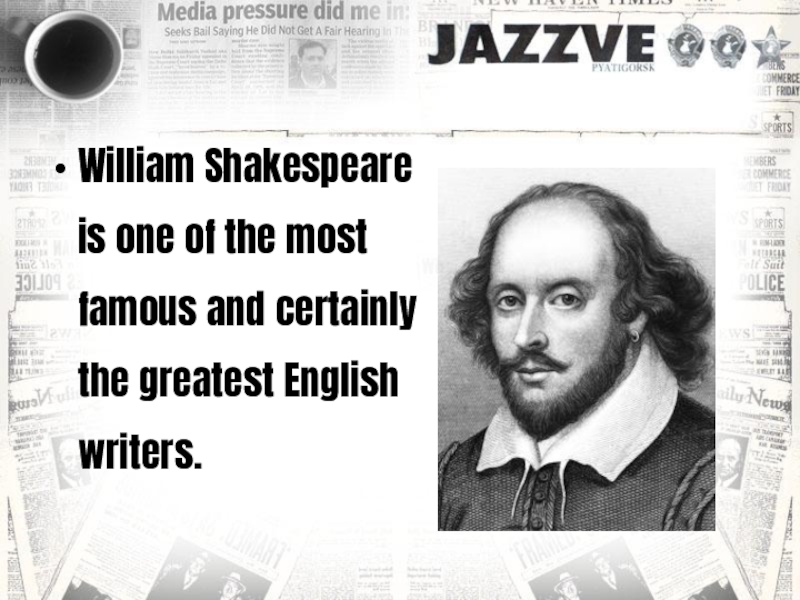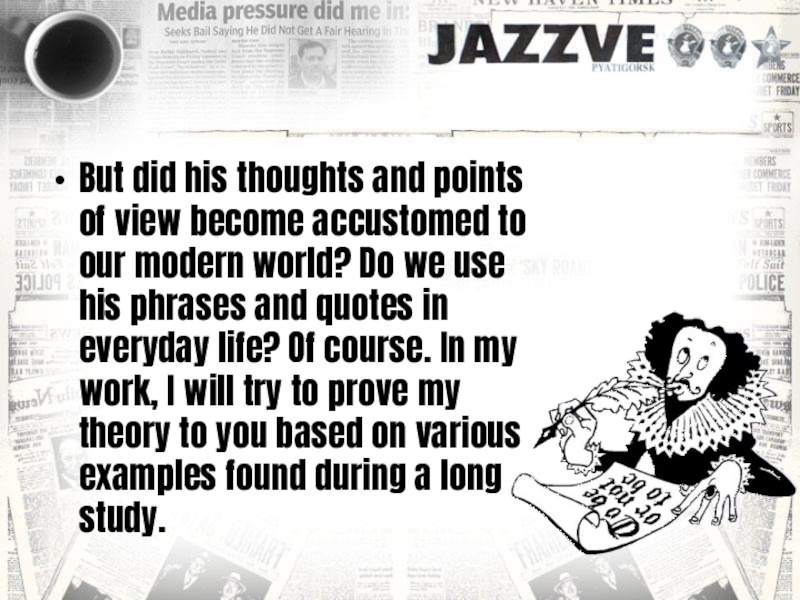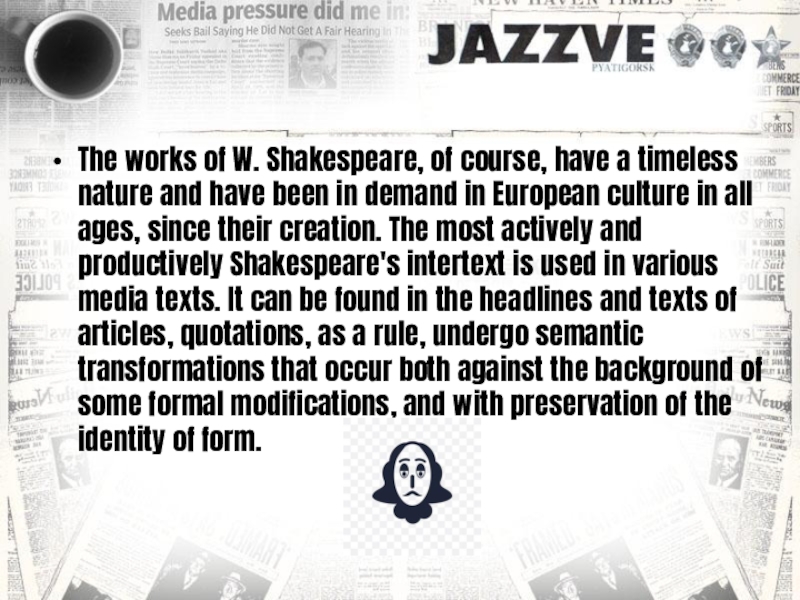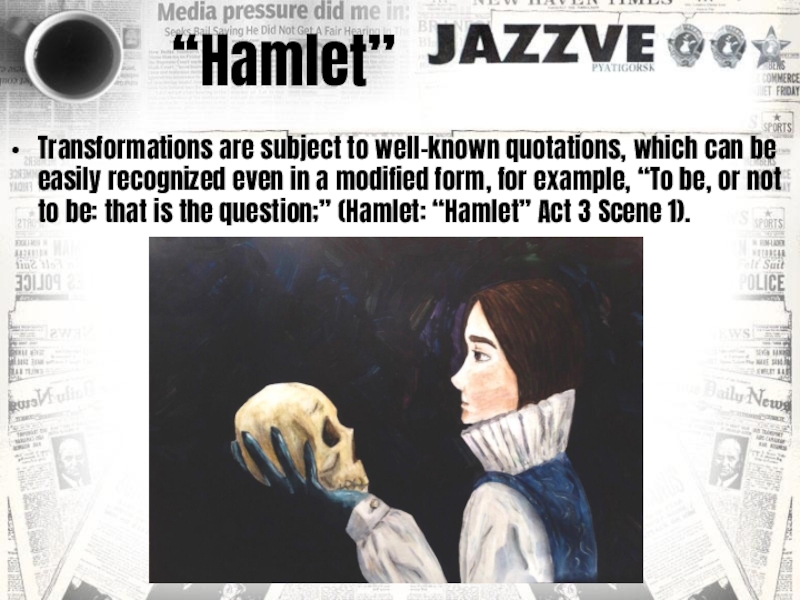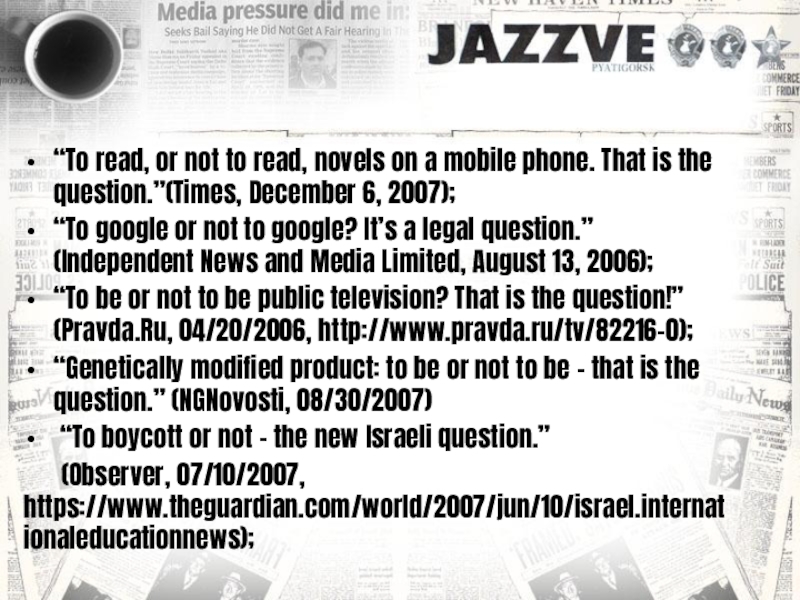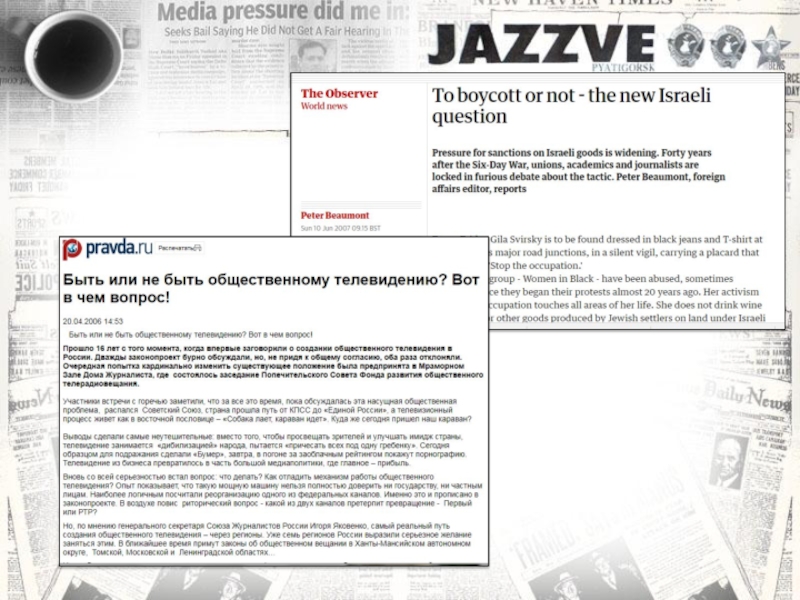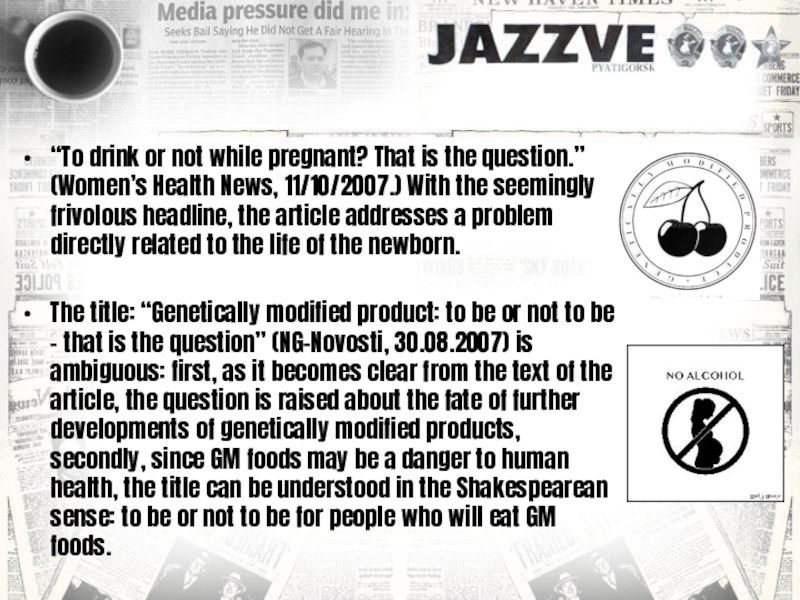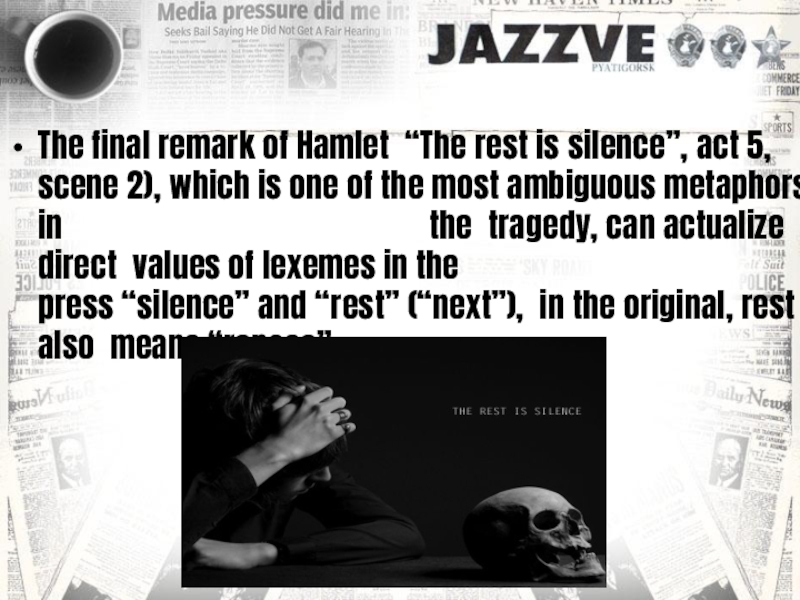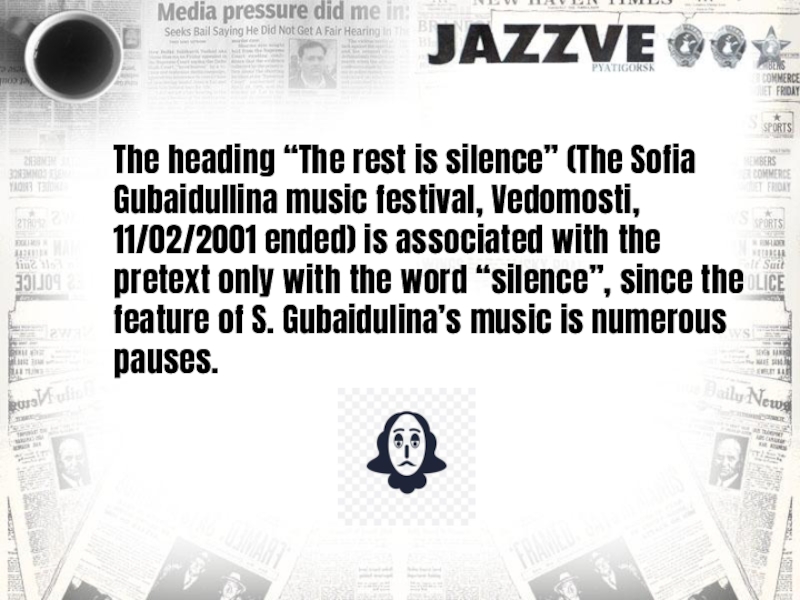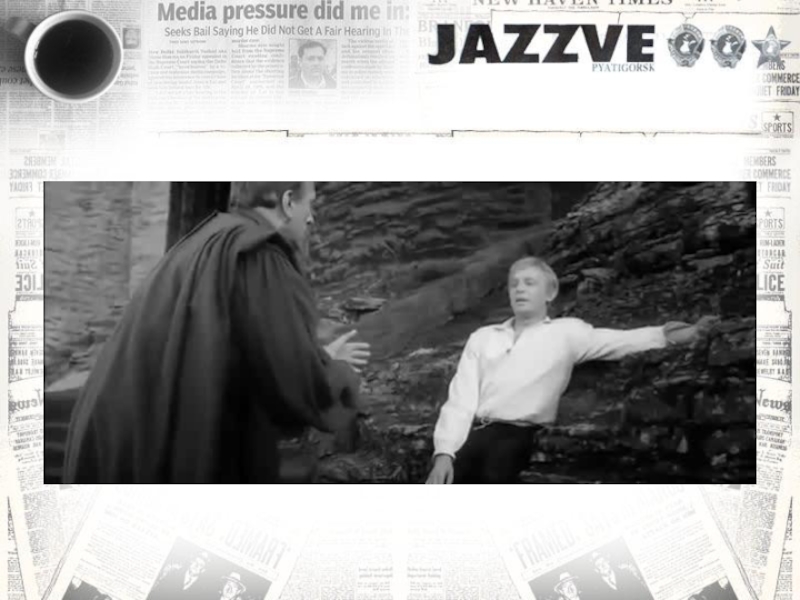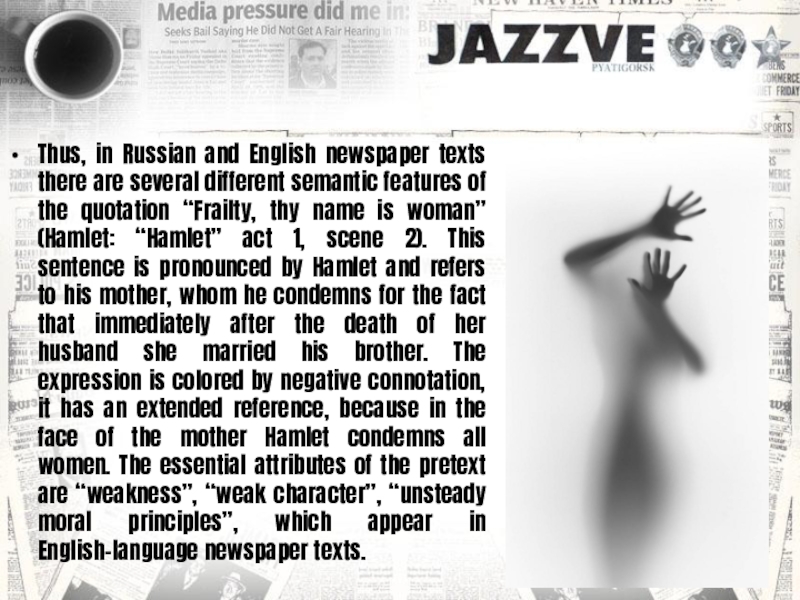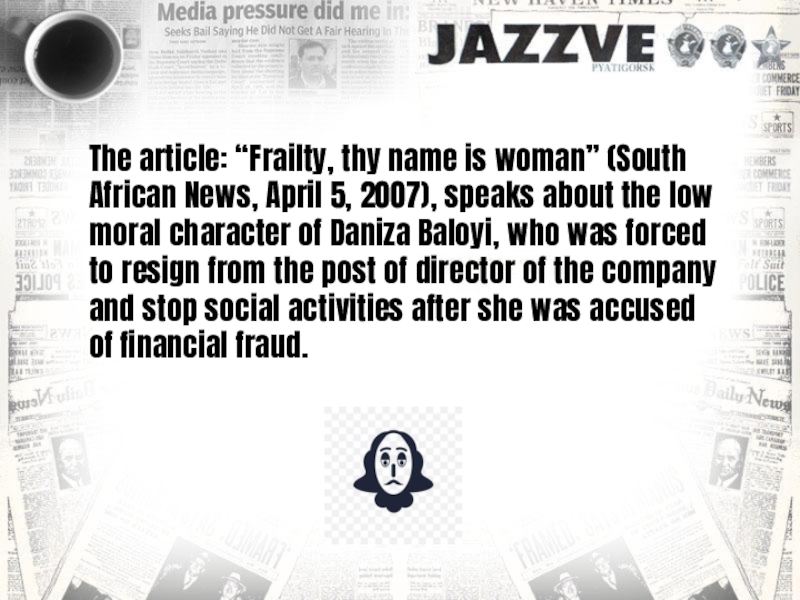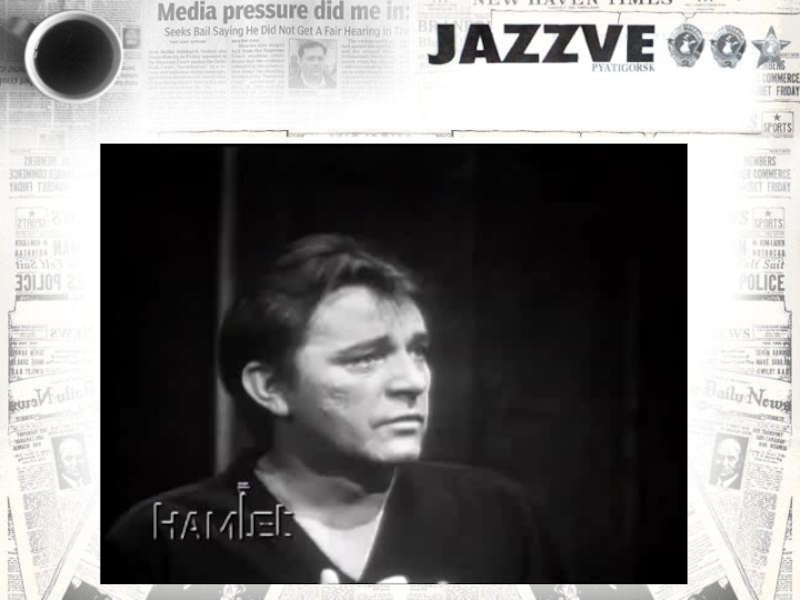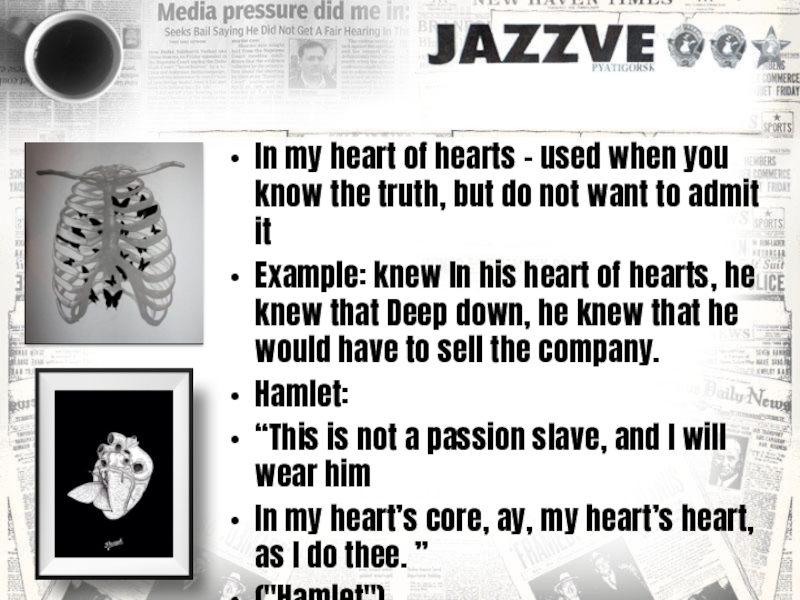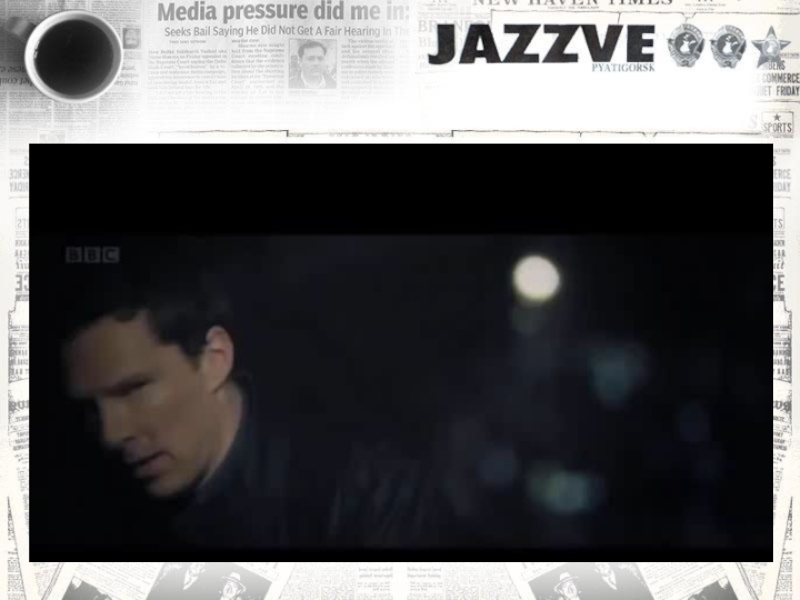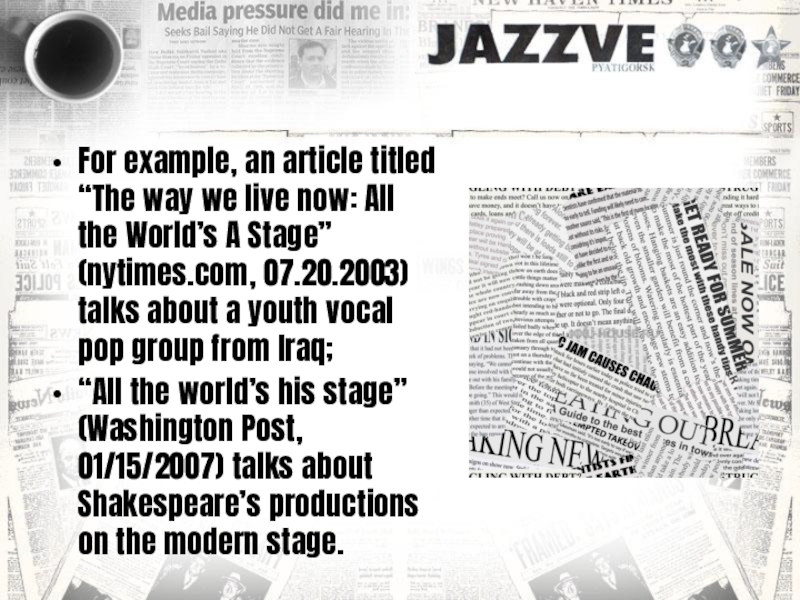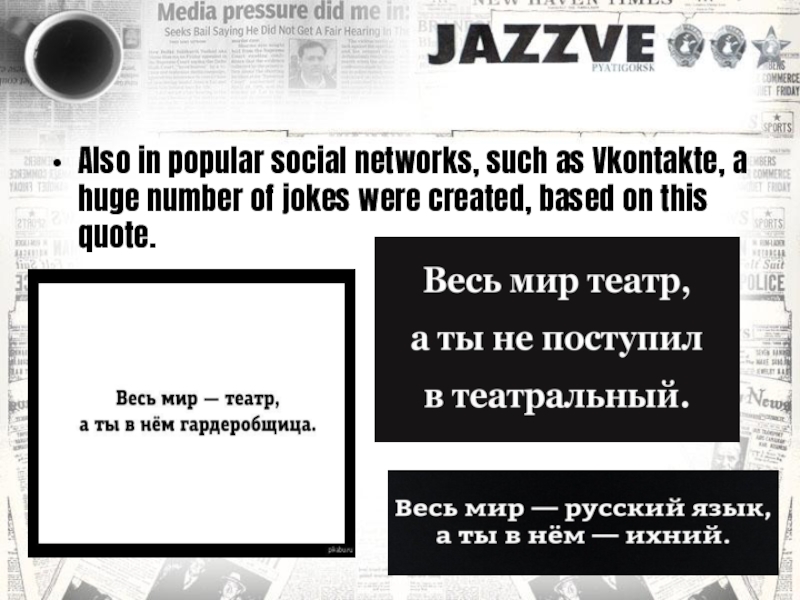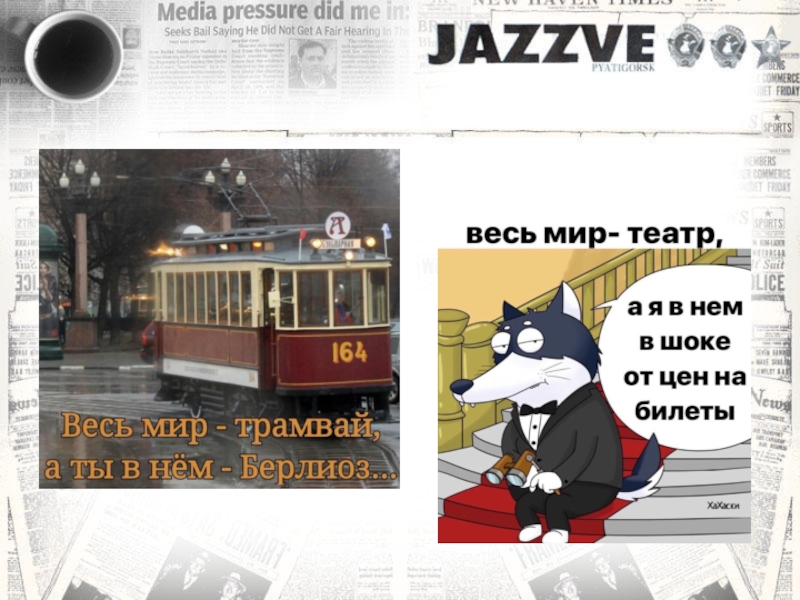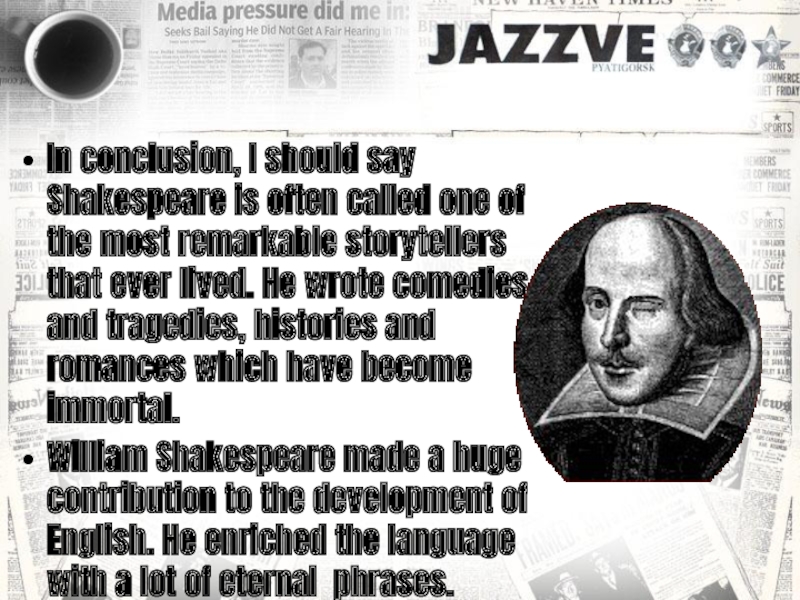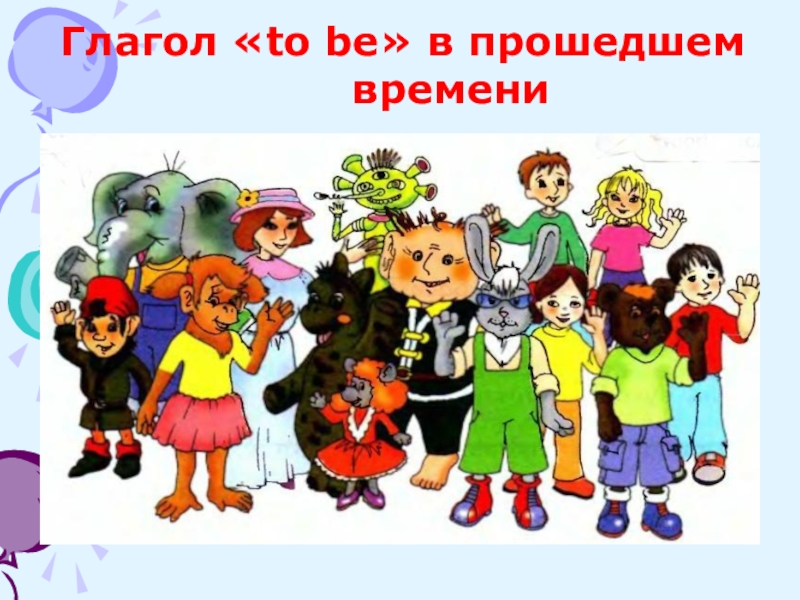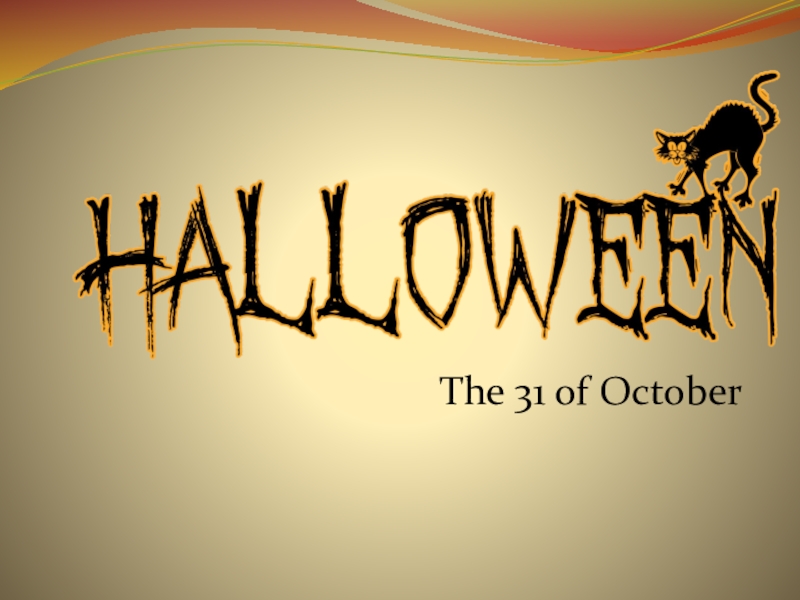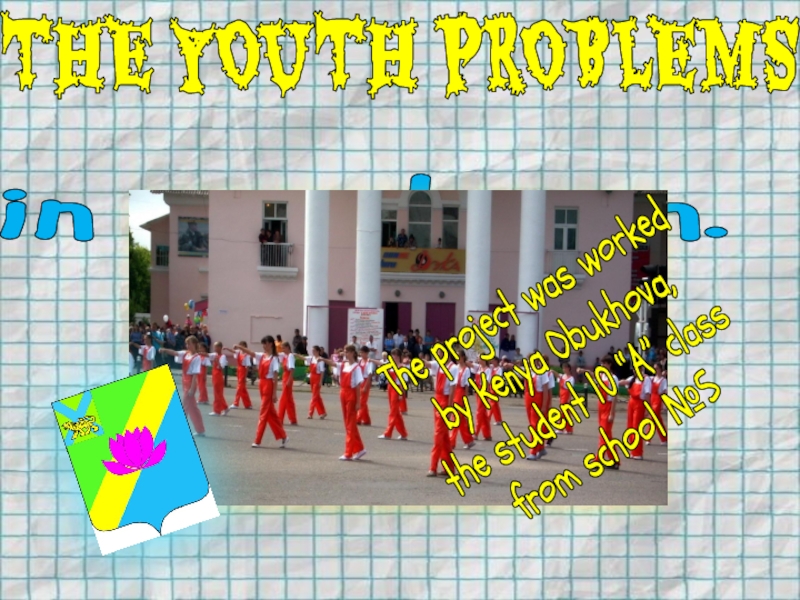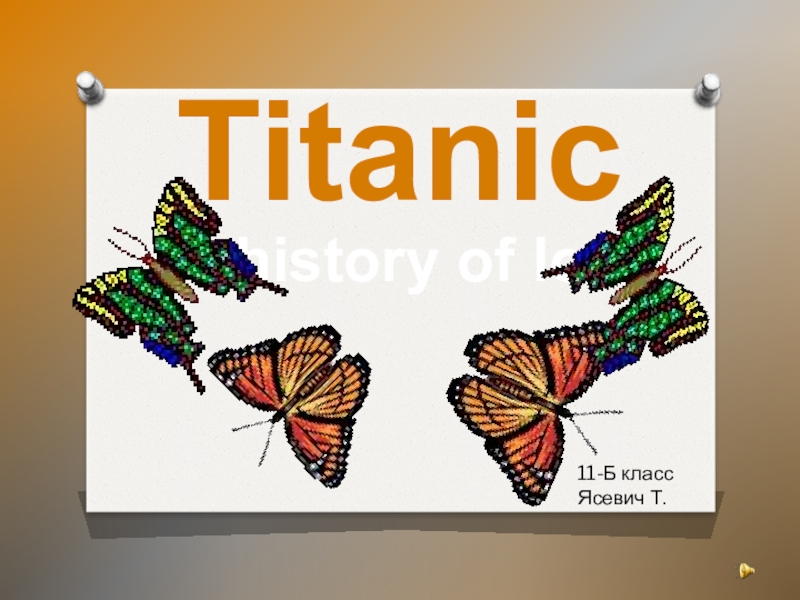B form
Lyceum 6
- Главная
- Разное
- Образование
- Спорт
- Естествознание
- Природоведение
- Религиоведение
- Французский язык
- Черчение
- Английский язык
- Астрономия
- Алгебра
- Биология
- География
- Геометрия
- Детские презентации
- Информатика
- История
- Литература
- Математика
- Музыка
- МХК
- Немецкий язык
- ОБЖ
- Обществознание
- Окружающий мир
- Педагогика
- Русский язык
- Технология
- Физика
- Философия
- Химия
- Шаблоны, фоны, картинки для презентаций
- Экология
- Экономика
Презентация, доклад на тему Shakespeare’s Quotes in the press and social networks
Содержание
- 1. Shakespeare’s Quotes in the press and social networks
- 2. William Shakespeare is one of the most famous and certainly the greatest English writers.
- 3. But did his thoughts and points of
- 4. The works of W. Shakespeare, of course,
- 5. “Hamlet”Transformations are subject to well-known quotations, which
- 6. Слайд 6
- 7. “To read, or not to read, novels
- 8. Слайд 8
- 9. “To drink or not while pregnant? That
- 10. The final remark of Hamlet “The rest
- 11. The heading “The rest is silence” (The
- 12. Слайд 12
- 13. Thus, in Russian and English newspaper texts
- 14. The article: “Frailty, thy name is woman”
- 15. Слайд 15
- 16. Cruel to be kind - to say
- 17. In my heart of hearts - used
- 18. Semantic transformations in English and Russian newspaper
- 19. Слайд 19
- 20. For example, an article titled “The way
- 21. Also in popular social networks, such as
- 22. Слайд 22
- 23. In conclusion, I should say Shakespeare is
William Shakespeare is one of the most famous and certainly the greatest English writers.
Слайд 3But did his thoughts and points of view become accustomed to
our modern world? Do we use his phrases and quotes in everyday life? Of course. In my work, I will try to prove my theory to you based on various examples found during a long study.
Слайд 4The works of W. Shakespeare, of course, have a timeless nature
and have been in demand in European culture in all ages, since their creation. The most actively and productively Shakespeare's intertext is used in various media texts. It can be found in the headlines and texts of articles, quotations, as a rule, undergo semantic transformations that occur both against the background of some formal modifications, and with preservation of the identity of form.
Слайд 5“Hamlet”
Transformations are subject to well-known quotations, which can be easily recognized
even in a modified form, for example, “To be, or not to be: that is the question;” (Hamlet: “Hamlet” Act 3 Scene 1).
Слайд 7“To read, or not to read, novels on a mobile phone.
That is the question.”(Times, December 6, 2007);
“To google or not to google? It’s a legal question.” (Independent News and Media Limited, August 13, 2006);
“To be or not to be public television? That is the question!” (Pravda.Ru, 04/20/2006, http://www.pravda.ru/tv/82216-0);
“Genetically modified product: to be or not to be - that is the question.” (NGNovosti, 08/30/2007)
“To boycott or not - the new Israeli question.”
(Observer, 07/10/2007, https://www.theguardian.com/world/2007/jun/10/israel.internationaleducationnews);
“To google or not to google? It’s a legal question.” (Independent News and Media Limited, August 13, 2006);
“To be or not to be public television? That is the question!” (Pravda.Ru, 04/20/2006, http://www.pravda.ru/tv/82216-0);
“Genetically modified product: to be or not to be - that is the question.” (NGNovosti, 08/30/2007)
“To boycott or not - the new Israeli question.”
(Observer, 07/10/2007, https://www.theguardian.com/world/2007/jun/10/israel.internationaleducationnews);
Слайд 9“To drink or not while pregnant? That is the question.” (Women’s
Health News, 11/10/2007.) With the seemingly frivolous headline, the article addresses a problem directly related to the life of the newborn.
The title: “Genetically modified product: to be or not to be - that is the question” (NG-Novosti, 30.08.2007) is ambiguous: first, as it becomes clear from the text of the article, the question is raised about the fate of further developments of genetically modified products, secondly, since GM foods may be a danger to human health, the title can be understood in the Shakespearean sense: to be or not to be for people who will eat GM foods.
The title: “Genetically modified product: to be or not to be - that is the question” (NG-Novosti, 30.08.2007) is ambiguous: first, as it becomes clear from the text of the article, the question is raised about the fate of further developments of genetically modified products, secondly, since GM foods may be a danger to human health, the title can be understood in the Shakespearean sense: to be or not to be for people who will eat GM foods.
Слайд 10The final remark of Hamlet “The rest is silence”, act 5,
scene 2), which is one of the most ambiguous metaphors in the tragedy, can actualize direct values of lexemes in the press “silence” and “rest” (“next”), in the original, rest also means “repose”.
Слайд 11The heading “The rest is silence” (The Sofia Gubaidullina music festival,
Vedomosti, 11/02/2001 ended) is associated with the pretext only with the word “silence”, since the feature of S. Gubaidulina’s music is numerous pauses.
Слайд 13Thus, in Russian and English newspaper texts there are several different
semantic features of the quotation “Frailty, thy name is woman” (Hamlet: “Hamlet” act 1, scene 2). This sentence is pronounced by Hamlet and refers to his mother, whom he condemns for the fact that immediately after the death of her husband she married his brother. The expression is colored by negative connotation, it has an extended reference, because in the face of the mother Hamlet condemns all women. The essential attributes of the pretext are “weakness”, “weak character”, “unsteady moral principles”, which appear in English-language newspaper texts.
Слайд 14The article: “Frailty, thy name is woman” (South African News, April
5, 2007), speaks about the low moral character of Daniza Baloyi, who was forced to resign from the post of director of the company and stop social activities after she was accused of financial fraud.
Слайд 16Cruel to be kind - to say or do something unkind,
but with the intention to help someone
Example: cru I told her cruel be. I told her the facts - sometimes you have to be cruel for the good of others.
Hamlet:
So again good night.
I must be cruel
Thus bad begins and.
("Hamlet")
Example: cru I told her cruel be. I told her the facts - sometimes you have to be cruel for the good of others.
Hamlet:
So again good night.
I must be cruel
Thus bad begins and.
("Hamlet")
Слайд 17In my heart of hearts - used when you know the
truth, but do not want to admit it
Example: knew In his heart of hearts, he knew that Deep down, he knew that he would have to sell the company.
Hamlet:
“This is not a passion slave, and I will wear him
In my heart’s core, ay, my heart’s heart, as I do thee. ”
("Hamlet")
Example: knew In his heart of hearts, he knew that Deep down, he knew that he would have to sell the company.
Hamlet:
“This is not a passion slave, and I will wear him
In my heart’s core, ay, my heart’s heart, as I do thee. ”
("Hamlet")
Слайд 18Semantic transformations in English and Russian newspaper texts can occur in
the same direction. For example, a quote from the opening line of Jacques monologue from the comedy “How you will like it” “All the world's a stage”, (Act 2, Scene 7) is very rarely used in newspaper texts in the metaphorical sense that it has in the works of Shakespeare: a person depends on his fate, his whole life is painted as a role in a play. In the English and Russian press, quotation becomes a metonymy, a sign replacing either Shakespeare's work or acting as an activity.
“How you will like it”
Слайд 20For example, an article titled “The way we live now: All
the World’s A Stage” (nytimes.com, 07.20.2003) talks about a youth vocal pop group from Iraq;
“All the world’s his stage” (Washington Post, 01/15/2007) talks about Shakespeare’s productions on the modern stage.
“All the world’s his stage” (Washington Post, 01/15/2007) talks about Shakespeare’s productions on the modern stage.
Слайд 21Also in popular social networks, such as Vkontakte, a huge number
of jokes were created, based on this quote.
Слайд 23In conclusion, I should say Shakespeare is often called one of
the most remarkable storytellers that ever lived. He wrote comedies and tragedies, histories and romances which have become immortal.
William Shakespeare made a huge contribution to the development of English. He enriched the language with a lot of eternal phrases.
William Shakespeare made a huge contribution to the development of English. He enriched the language with a lot of eternal phrases.

